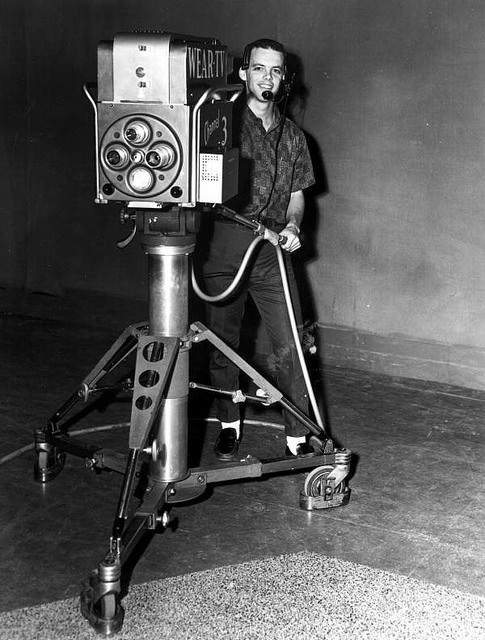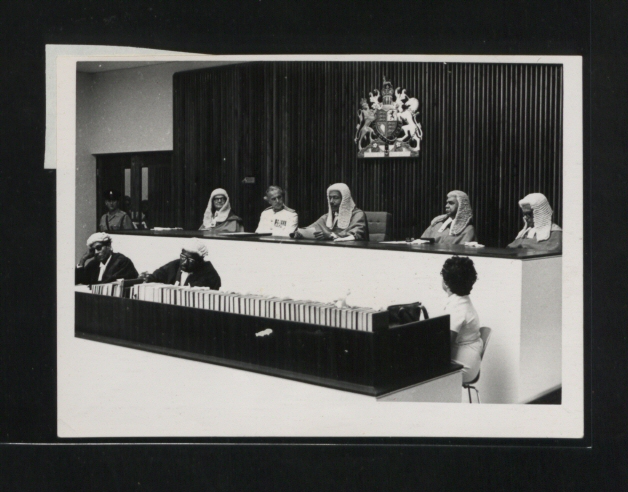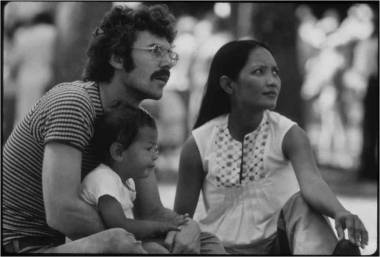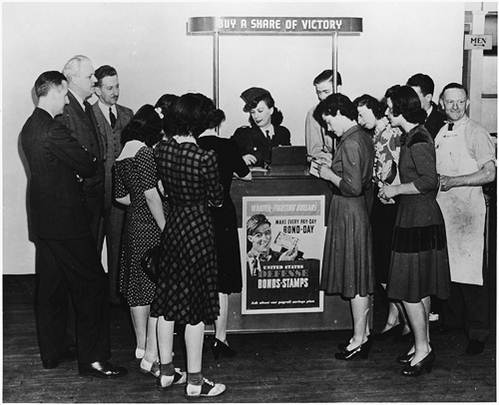Connecting with Facebook groups and pages can feel as though it requires new skills. It doesn’t at all. Here’s a case study.
by Jonathan Pyke and Lisa Macready
Read moreYour Custom Text Here

Connecting with Facebook groups and pages can feel as though it requires new skills. It doesn’t at all. Here’s a case study.
by Jonathan Pyke and Lisa Macready
Read more More than 70 per cent of the internet is predicted to be video by 2017. If you are a comms person it's a challenge you need toio have an answer to.
More than 70 per cent of the internet is predicted to be video by 2017. If you are a comms person it's a challenge you need toio have an answer to.
Online video is becoming more important all the time. There are an exciting and growing number of ways that we as organisations can use it, and ways that people can use it to engage with organisations.
Video is now big news on Facebook
In no time at all video has become huge on Facebook. Organisations need to adapt and take advantage of this. It is no longer enough to simply publish your video on YouTube, and share the YouTube link on Facebook.
 We're always keen to get different perspectives on comms, especially from overseas. So when one-man social media machine, Helder Goncalves offered us a post we jumped at the chance.
We're always keen to get different perspectives on comms, especially from overseas. So when one-man social media machine, Helder Goncalves offered us a post we jumped at the chance.
“I Love Porto" is a Facebook page established in February 2012 with the intention of showing the beauty of living in a city as historic but at the same time as contemporary as Porto. The aim was to raise citizens' love for the city we lived in, sharing photographs of some of the most beautiful and iconic locations, such as the amazing Douro River.
 It's that time again when we award the prestigious, shiny £1 comms2point0 cup for the month's most read post. It was a close, close call this month. But a winner we have...
It's that time again when we award the prestigious, shiny £1 comms2point0 cup for the month's most read post. It was a close, close call this month. But a winner we have...
November saw in our landmark 200th post as well as some brilliant case studies on everything from social media best practice, strategic communications, industry surveys, life as a press officer and a whole lot more. But the most read posts came from the archive and one in particular holds a special place.
In at number one...
I'm delighted to say that last month's top post was a Google+ case study, which is a really interesting development. Thanks to Shane Dillon for teaching many of us a thing or two about this platform.
 This Christmas, an innovative digital campaign aiming to raise awareness of dementia has been launched. It's deliberately timed to remind us to remember, to help and to spot the early signs of dementia in our loved ones.
This Christmas, an innovative digital campaign aiming to raise awareness of dementia has been launched. It's deliberately timed to remind us to remember, to help and to spot the early signs of dementia in our loved ones.
I don't approve of hashtags on Facebook. So imagine my disdain when an American woman announced the name of her newborn – Hashtag – via Facebook update. Twitter went wild at the news.
 Leveson could change the newspaper industry. But if we're all publishers now should we all face the penalties publishers face? Libel? Defamation? Losing your house for an untrained slip? In a personal take this comms officer thinks so.
Leveson could change the newspaper industry. But if we're all publishers now should we all face the penalties publishers face? Libel? Defamation? Losing your house for an untrained slip? In a personal take this comms officer thinks so.
by Mark Allen
The on-line community feels it is the new voice of the people and for many reason it is right. The so-called citizen journalists are taking over.
But is it a case of the lunatics taking over the asylum?
It thought it was untouchable. Leveson would attack the traditional media, but left Twitter along – even though a lot worse things were said and more privacy invaded there.
 Facebook's darling is fading. Is it time to re-think how we use it as comms people?
Facebook's darling is fading. Is it time to re-think how we use it as comms people?
Attention council Communications Teams. Nobody wants to be your friend, especially not your residents. Don’t feel unloved – what we do is vital to our organisations – but we need to work smarter.
Digital and social media has been heralded for years as the way forward for comms, and it is. But the world moves fast, and we need to keep up.
Facebook, the original social media darling, is faltering. Share prices are dropping, expansion is stalling, and it’s becoming clear that, while Facebook is a primary tool for social interaction, it’s not the place people go to for local information.
 How do you ensure your organisation embraces social media by more than just a token Facebook and Twitter account? By having your comms person share good ideas, for one.
How do you ensure your organisation embraces social media by more than just a token Facebook and Twitter account? By having your comms person share good ideas, for one.
by Jon King
The tipping point for social media in local government was reached a while back. In terms of adoption, councils have either done it, are about to do it or are asking someone else how they did it so that they can do it too.
But the adoption of social media is only the beginning. Facebook pages and Twitter accounts alone do not a social business make.
Be sensitive to the fact that some people in your organisation are accepting social media only grudgingly. It’s now about ‘hearts & minds’.
 by Kate Bentham
by Kate Bentham
At the beginning of May 2012 the FIS ran a weeklong multi-platform social media campaign called #WeAre12 to commemorate 12 years since the service was first launched.
It was hoped that #WeAre12 would:
 Northumberland is the most northern of English counties. It's quietly created some of the most pioneering and widely adopted social media accounts in the country.
Northumberland is the most northern of English counties. It's quietly created some of the most pioneering and widely adopted social media accounts in the country. Successful marketing in 2011 is all about the conversation. Whether you want to shift more widgets or shift customer perception, there is no better piece of advice to take on board than to BUILD BUILD BUILD a dialogue with your customers.
Successful marketing in 2011 is all about the conversation. Whether you want to shift more widgets or shift customer perception, there is no better piece of advice to take on board than to BUILD BUILD BUILD a dialogue with your customers.
Social media offers many simple, manageable - and free - ways to do this.
Twitter is one of them.